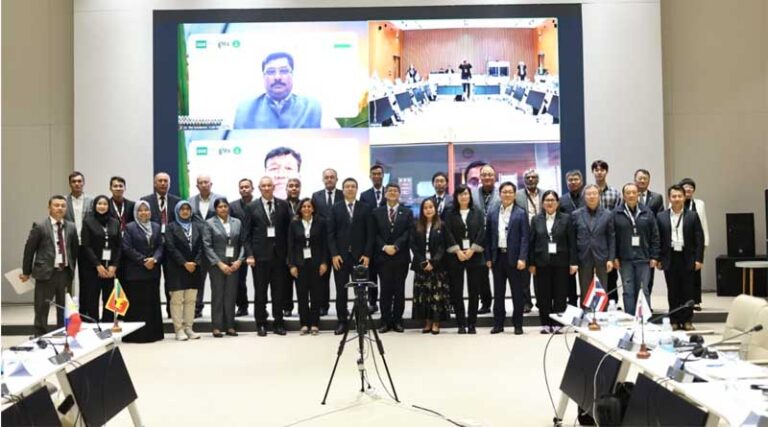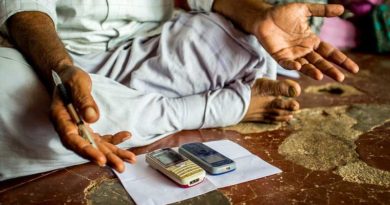
Asia’s agri leaders, experts unite for stronger rice R&D cooperation at 29th CORRA meeting in Uzbekistan
07 November 2025, Uzbekistan: Deeper regional collaboration for developing climate-smart technologies, advancing low-carbon rice production, managing pests and diseases, and continuing capacity building efforts were at the forefront of the 29th Council of Partnership on Rice Research in Asia (CORRA) Annual Meeting, held recently in Tashkent, Uzbekistan.
Hosted by the Ministry of Agriculture of the Republic of Uzbekistan and the Rice Research Institute (RRI) Uzbekistan, in partnership with the International Rice Research Institute (IRRI), this year’s meeting marked Uzbekistan’s first time hosting CORRA—an important milestone as one of the council’s newest member countries.
National agricultural research and extension systems (NARES) leaders and experts from 17 CORRA member countries joined the strategic session, including China, India, Indonesia, Japan, Korea, Malaysia, Myanmar, the Philippines, Sri Lanka, Thailand, Uzbekistan, and online delegates from Bangladesh, Cambodia, Nepal, and Pakistan.
“CORRA plays a direct and strategic role in implementing the newly launched IRRI 2025-2030 Strategy,” IRRI Director General Dr. Yvonne Pinto said, highlighting the institute’s commitment to deliver improved nutrition, environmental sustainability, and inclusive livelihoods across Asia.
Asia remains the global hub for rice production and consumption, accounting for 90% of the world’s rice across almost 144 million hectares, sustaining millions of smallholder farmers who rely on the crop for livelihoods.
In his inaugural address, Deputy Minister of Agriculture of the Republic of Uzbekistan Abduzuhurov Jamshid Tolipovich emphasized the Government of Uzbekistan’s strong support for rice research and innovation, particularly on international cooperation for sustainable rice development.
CORRA delegates presented national updates, policies, and ongoing R&D initiatives, revealing common challenges faced by rice-producing countries in the region. The impacts of climate change, especially drought and water scarcity, as well as constraints in agricultural resources, emerged as the most common challenges they face. They also cited issues such as soil degradation, pest and disease outbreaks, rising input costs, and aging farmer populations.
The discussions also opened opportunities for greater regional collaboration between CORRA members and joint research with IRRI. These include:
- Utilizing IRRI’s genebank collection and breeding climate-smart rice varieties through modern biotechnology tools.
- Promoting digital and precision agriculture technologies for efficient and data-driven production
- Support for low-emission rice technologies for climate adaptation and mitigation
- Strengthening capacity building and knowledge exchange, particularly for young scientists, to enhance regional research networks
These potential initiatives aim to align with national and regional priorities, driving partnerships and innovations toward sustainable rice-based agri-food systems in Asia.
The 30th annual CORRA meeting will be hosted by Lao PDR in 2026.
Also Read: Change Of Mind On New Tractor Order Delivers Surprise Second Set Of New Wheels For Dairy Farmer
📢 If You’re in Agriculture, Make Sure the Right People Hear Your Story.
From product launches to strategic announcements, Global Agriculture offers unmatched visibility across international agri-business markets. Connect with us at pr@global-agriculture.com to explore editorial and advertising opportunities that reach the right audience, worldwide.






